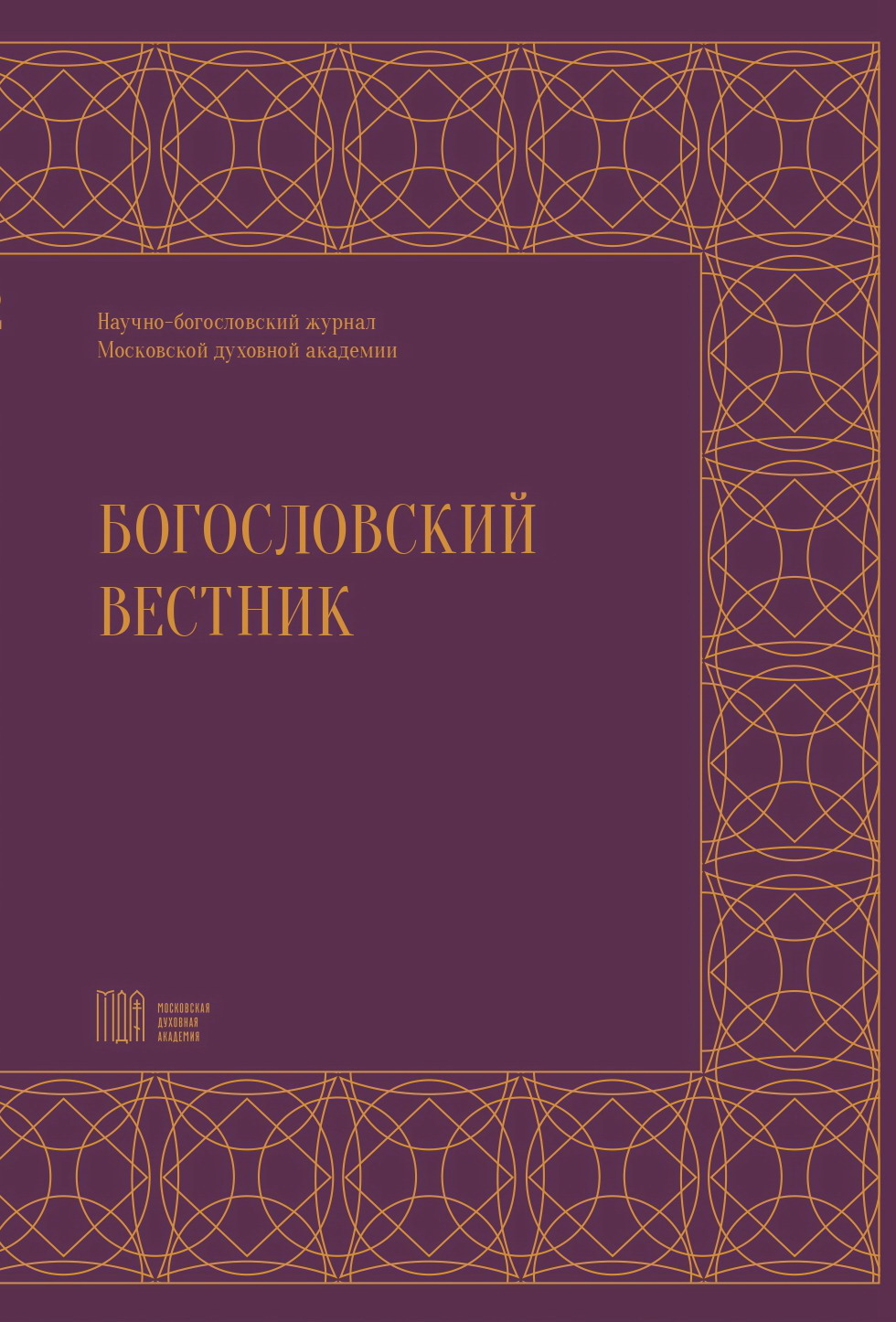Serbian-Russian Spiritual and Cultural Ties as the Foundation of the European Orthodox Civilization
in the Context of the Modern Political Events
DOI:
https://doi.org/10.31802/%20GB.2025.57.2.011Keywords:
Serbia, Russia, Orthodoxy, Church, spirituality, ideology, tradition, civilization, cultureAbstract
This article focuses on the role of Orthodox nations in international politics, using the example of Serbian-Russian spiritual and cultural ties. The concepts used in the study, such as «Orthodox civilization» and «European civilization», are derived from the terminology introduced by Western scholars, authors of the concept of ethno-cultural division of civilizations, which was based on the ideas of 19th-century Russian Orthodox thinkers. The historical-comparative and historical-typological research methods allowed us to identify the previously unused concept of «European Orthodox civilization» and to study its role in the formation of Russia and Serbia. The issue was developed in the context of current political events, including the situation in Kosovo and Metohija, as well as in Montenegro, where there was an attempt to deprive the Serbian Orthodox Church of its ownership rights to church buildings and other real estate. It was concluded that in the context of increasing globalization and interaction between various world civilizations, the Serbian-Russian spiritual and cultural ties represent a unique phenomenon that requires in-depth analysis. To this end, some of its features were formulated, the specifics of the Serbian-Russian spiritual and cultural ties were identified, and their role in the formation of a unified European Orthodox civilization capable of resisting the anti-Christian challenges of the modern West was outlined.
Downloads
References
Азаров В. А. Этнополитический конфликт в Хорватии: опыт его разрешения и политические уроки (1990-1996 гг.): [дис... канд. полит. наук: 23.00.02] / Моск. гос. гуманитар. ун-т им. М.А. Шолохова. Москва, 2007.
Азаров В. А. Неверующих на войне не бывает: Приднестровье. Балканская война. Военный сборник: Рассказы для участников Специальной военной операции. Вып. 2. Москва: Изд. дом Академии им. Н. Е. Жуковского, 2025. (Библиотека участника Специальной военной операции).
Амфилохије: Без Русије не би било Црне Горе [Электронный ресурс]. - URL: (дата обращения: 18.03.2025).
Визит Святейшего Патриарха Алексия II в Сербию. 20 апреля 1999 года [Электронный ресурс] // Сайт фотослужбы Патриарха Московского и всея Руси. - URL: (дата обращения: 30.08.2025).
Данилевский Н. Я. Россия и Европа / сост. и коммент. Ю. А. Белова; отв. ред. О. Платонов. - Москва: Институт русской цивилизации, 2008.
Митрополит Кирилл: "Мы разделяем горечь и страдание сербского народа, от которого была отторгнута историческая часть страны" [Электронный ресурс] // Официальный сайт Московского Патриархата. - URL: (дата обращения: 15.03.2025).
Хантингтон С. Столкновение цивилизаций и преобразование мирового порядка / пер. Ю. Новикова, Т. Велимеева. - Москва: АСТ, 2003. - (Philosophy).
Dizdarevic R. Od smrti Tita do smrti Jugoslávie: svědectví. - Český Těšín: J. Vašut, 2002.
Huntington S. P. The Clash of Civilizations and the Remaking of World Order. - London: Touchstone, 1998.
Downloads
Published
How to Cite
Issue
Section
License

This work is licensed under a Creative Commons Attribution-ShareAlike 4.0 International License.








